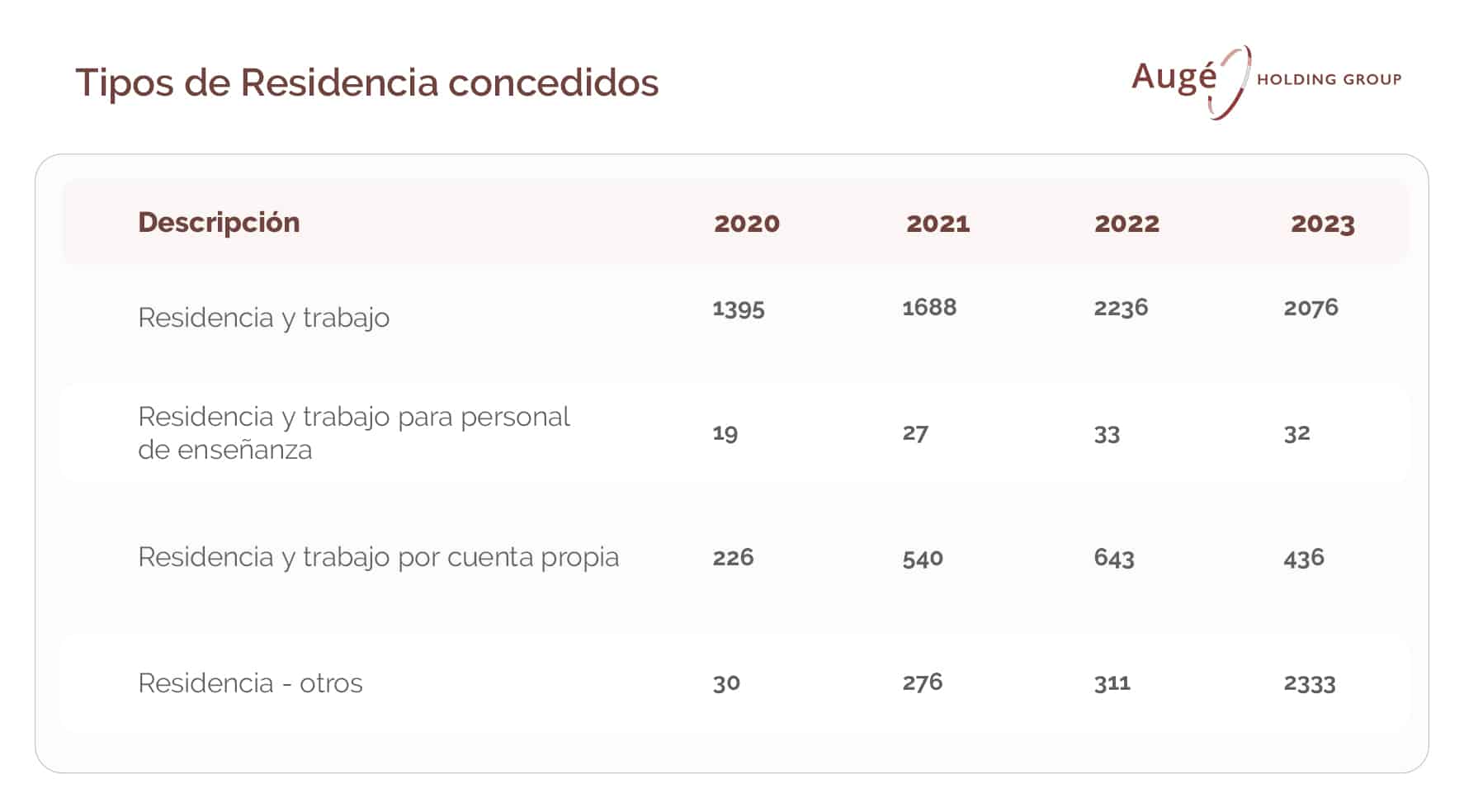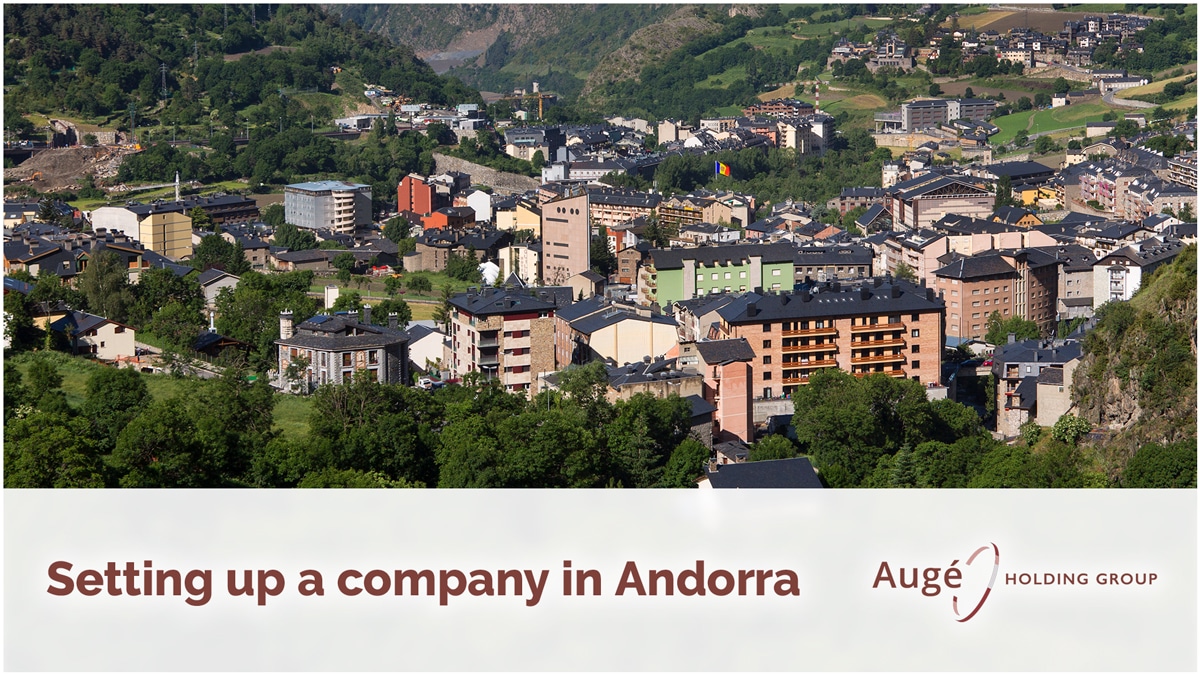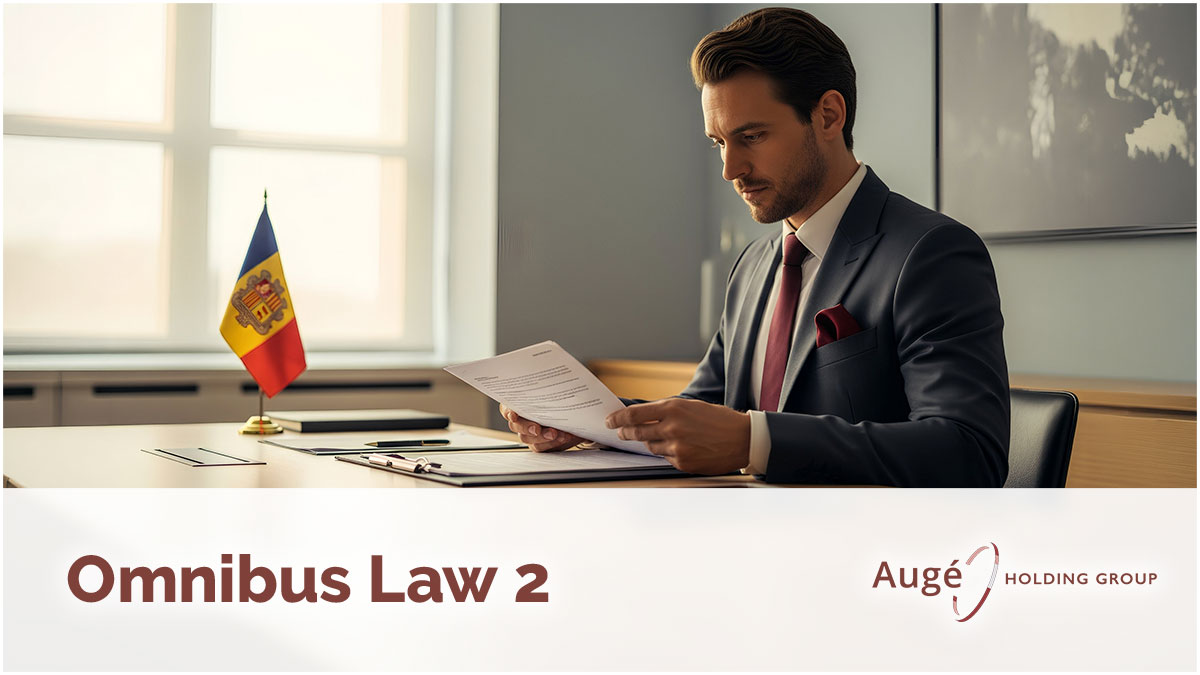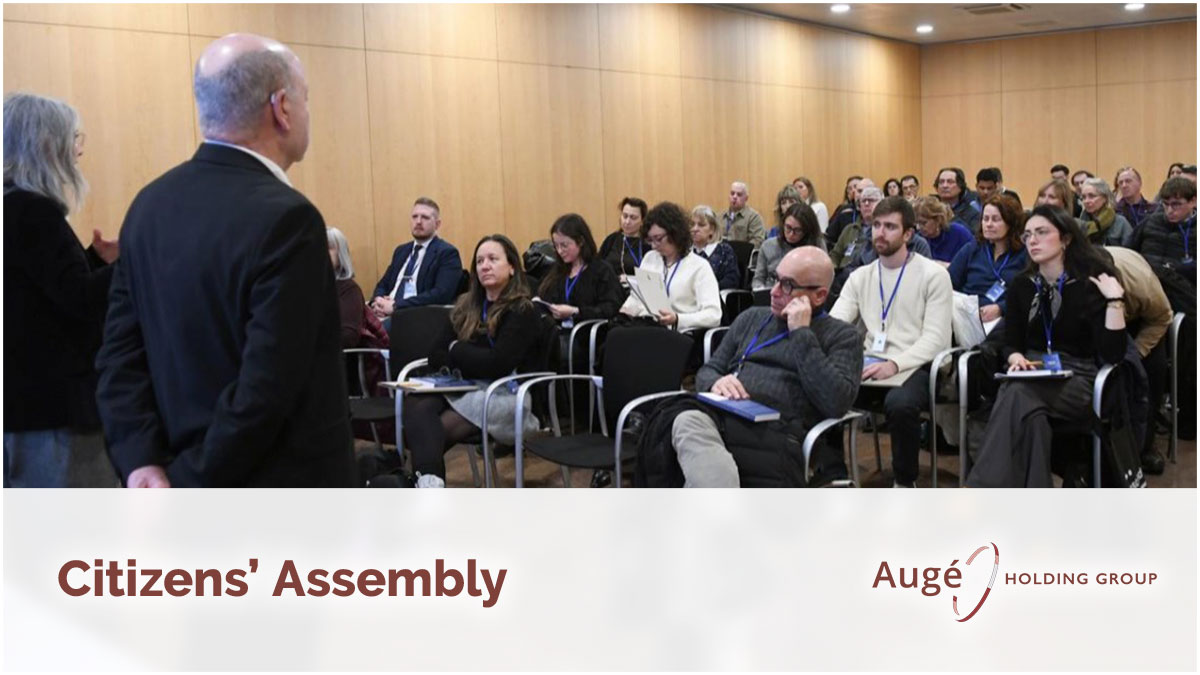The tax advantages, quality of life, climate, and the country’s natural beauty are some of the main reasons cited by the growing number of people choosing to relocate to Andorra by applying for one of the residency permits provided for under the laws of the Principality’s government. One of the permits that raises the most questions is passive residency: in this post, we take an in-depth look at it.
Table of contents
ToggleWho is passive residency in Andorra intended for?
Passive residency is a type of residence permit granted in Andorra to individuals who do not work actively in the country but wish to live there for other reasons. This type of residency is ideal for:
- Digital nomads and remote workers: professionals who work remotely for companies or clients based outside Andorra and therefore have an external source of income.
- Investors and individuals with unearned income: people who live off the returns from their investments (such as shares, dividends, or rental income from properties abroad) or from deposited capital.
- Pensioners: individuals who receive a retirement or disability pension from their country of origin.
- Individuals with sufficient wealth: those who can demonstrate they have the necessary funds to live in Andorra without needing to engage in any work activity.
In summary, the key target is anyone whose main source of income comes from outside Andorra. This residency regime allows them to enjoy the country’s quality of life and tax benefits, provided they meet the investment, health insurance, and minimum stay requirements.
Discover how to set up your company in Andorra step by step: requirements, benefits, and procedures.
Read moreTypes of Passive Residency
Depending on the applicant’s financial situation and interests, passive residency in Andorra can be classified into the following categories:
- Non-lucrative residency: It is the most common type and implies that the beneficiary will not carry out any professional activity in the country. Following the approval last January of the so-called Omnibus Law 2, a new investment route was introduced through public debt or financial instruments issued by resident entities and Andorran collective investment funds, with a limit of 36 months. From there, it is necessary to redirect the investment to other assets so that it continues to count. A minimum investment of €1,000,000 is required. In addition, a non-refundable mandatory deposit of €50,000 for the main holder and €12,000 for each dependent applies.
- Residency for professionals with international reach: This category removes the requirement for a minimum investment, but instead requires the applicant to create or acquire a company based in Andorra that carries out at least 85% of its activity outside the country. Additionally, the company must generate sufficient income to support the applicant and any dependents residing in the Principality.
- Residency for reasons of scientific, cultural, or sporting interest: Aimed at professionals in these fields who have achieved notable success in their respective disciplines. There is no minimum investment required, but applicants must provide evidence of their achievements as well as sufficient financial means to reside in the country.
- Residency for admission to private therapeutic centres: Allows the applicant to reside in Andorra for the duration of their treatment.
Benefits of Passive Residency
Passive residency in Andorra comes with one main requirement — the need for significant capital — but in return, it offers a range of fiscal advantages, high quality of life, safety, and direct benefits for residents under this scheme.
In terms of tax benefits, three key advantages stand out: personal income tax is capped at 10% for most income; there are no wealth or inheritance taxes; and Andorra has signed numerous double taxation agreements to avoid being taxed twice on the same income.
Furthermore, Andorra is a safe and peaceful country, with very low crime rates. It offers a high standard of living, excellent healthcare and educational infrastructure, and a wealth of cultural and natural attractions.
If you’re considering relocating to Andorra under the passive residency scheme, you only need to spend 90 days per year in the country to maintain your residency. You’ll have the freedom to travel throughout Europe and will not be required to work within Andorra.
Do you want to move your company to Andorra to improve your tax profile? We’ll tell you how to do it here.
Discover how to set up your company in Andorra step by step: requirements, benefits, and procedures.
Read moreRequirements for Applying for Passive Residency in Andorra
Naturally, given the advantages this type of residency offers, applicants must meet a number of conditions, all aimed at demonstrating financial solvency. Regarding financial requirements, you must:
- Prove annual income exceeding 300% of the minimum wage in Andorra (set at €1,447.33 in 2025), plus an additional 100% for each dependent.
- ake a minimum investment of €600,000, either in real estate, Andorran ISIN-registered financial products, or a company with its registered office in the country.
As for housing and insurance, it is essential to:
- Purchase or rent a property within the borders of the Principality.
- Provide a medical certificate issued in Andorra and hold private health insurance.
In addition, you must submit the following documentation:
- A valid passport or national identity document.
- A certificate of good conduct (criminal record clearance), duly legalised with an apostille.
- A certificate of marital status, also duly apostilled.
Other important conditions include:
- Proving a physical presence in Andorra for at least 90 days per year (not necessarily consecutive).
- Placing a deposit of €47,500 plus €9,500 for each dependant with the Andorran Financial Authority. This amount does not yield interest and cannot be accessed, but it is refundable upon leaving the Principality.
Pay €2,500 for the issuance of the residency card, plus €500 for each additional card issued to a dependent (spouse or children).

Fuente: Gobierno de Andorra
Is Passive Residency the Same as Tax Residency?
As previously mentioned, passive residency requires the individual to reside in the Principality for at least 90 days per year. However, international tax regulations determine where a person must pay taxes based on their actual residence.
For example, Spanish law dictates that anyone residing in Spain for more than 183 days is considered a tax resident and therefore must pay taxes there. Therefore, residing in Andorra for only the 90 days required for passive residency does not imply taxation in the principality, and the country of origin may demand payment of the taxes, with the corresponding penalty or surcharge.
| Feature | Tax Residency (Active) | Passive Residency (Non-Working) |
| Main Target | People who work or carry out an economic activity in Andorra (employees, self-employed, business owners). | People who do not engage in any work activity in Andorra and live off their savings, investments, income, or pensions from abroad. |
| Source of Income | Income mainly comes from economic activity conducted within Andorra. | Income comes from abroad: pensions, capital income, dividends, rent, sale of assets, etc. |
| Investment Requirement | Not mandatory. Based on economic activity. | Mandatory. Investment in Andorran assets is required, typically: • Real estate: Purchase of a property valued at a minimum of €350,000 (for personal use or rental). • Financial assets: Investment of €600,000 in the Andorran Financial Authority (AFA), such as investment funds, government debt, etc. • Combination of both (e.g., €200k in real estate + €400k in financial assets). |
| Work Permit | Required and obtained. Allows working legally for an Andorran company or as a self-employed professional. | Not permitted. Passive residency explicitly prohibits any paid work activity within Andorra. |
| Minimum Stay Requirement | Must spend more than 183 days per year in the country to be considered a tax resident. | Must spend more than 90 days per year physically in Andorra; however, more than 183 days are recommended to maintain tax residency status. |
| Social Security Contributions | Mandatory. Both employee and employer make monthly contributions to the Andorran health and social security system (CASS). | Not mandatory, but voluntary contributions to CASS are highly recommended to access public healthcare and other services. |
| Process and Authorization | Requires obtaining a work permit and employment contract or company formation. Usually tied to a specific job offer. | Does not require a work permit. Process focuses on proving funds, making the investment, and demonstrating no economic activity will be conducted in the country. |
| Taxation on External Income | Taxed in Andorra on worldwide income. | Taxed in Andorra on worldwide income, with the advantage of no tax on capital gains from financial asset sales (shares, funds) if not a professional in the sector. |
| Typical Profile | Employees, professionals, entrepreneurs, local business owners. | Retirees, digital nomads (under certain conditions with the new law), rentiers, investors. |
FAQs
What types of profiles typically apply for passive residency?
Due to the requirements involved and the advantages it offers, passive residency is aimed at people who do not need to work to support themselves, such as retirees or investors, as well as professionals with significant international projection, like scientists, artists, or athletes with notable achievements.
What investment is necessary to apply for passive residency in Andorra?
For investors, the minimum amount is €600,000 plus €9,500 for each dependant, except when the investment is made in the Andorran Housing Fund, in which case the amount is reduced to €400,000.
Other profiles must invest €47,500 plus €9,500 for each dependant, whether spouse or children.
For how long is this type of residency granted?
The initial grant is valid for 2 years, after which it can be renewed for another 2 years. Subsequent renewals will be for 3 years. At the end of this period, a long-term residence permit can be applied for, valid for 10 years, allowing indefinite renewals.
What are the limitations and incompatibilities of passive residency?
Passive residency is an excellent option for people who do not need to work to support themselves, and this is exactly its limitation: it is not compatible with active work in the country.
For professionals with significant international projection, it does allow working, but requires that at least 85% of their income comes from other countries, with only up to 15% of their income generated in Andorra. If this threshold is exceeded, the residency must be changed to active residency, with all the changes that entails.





